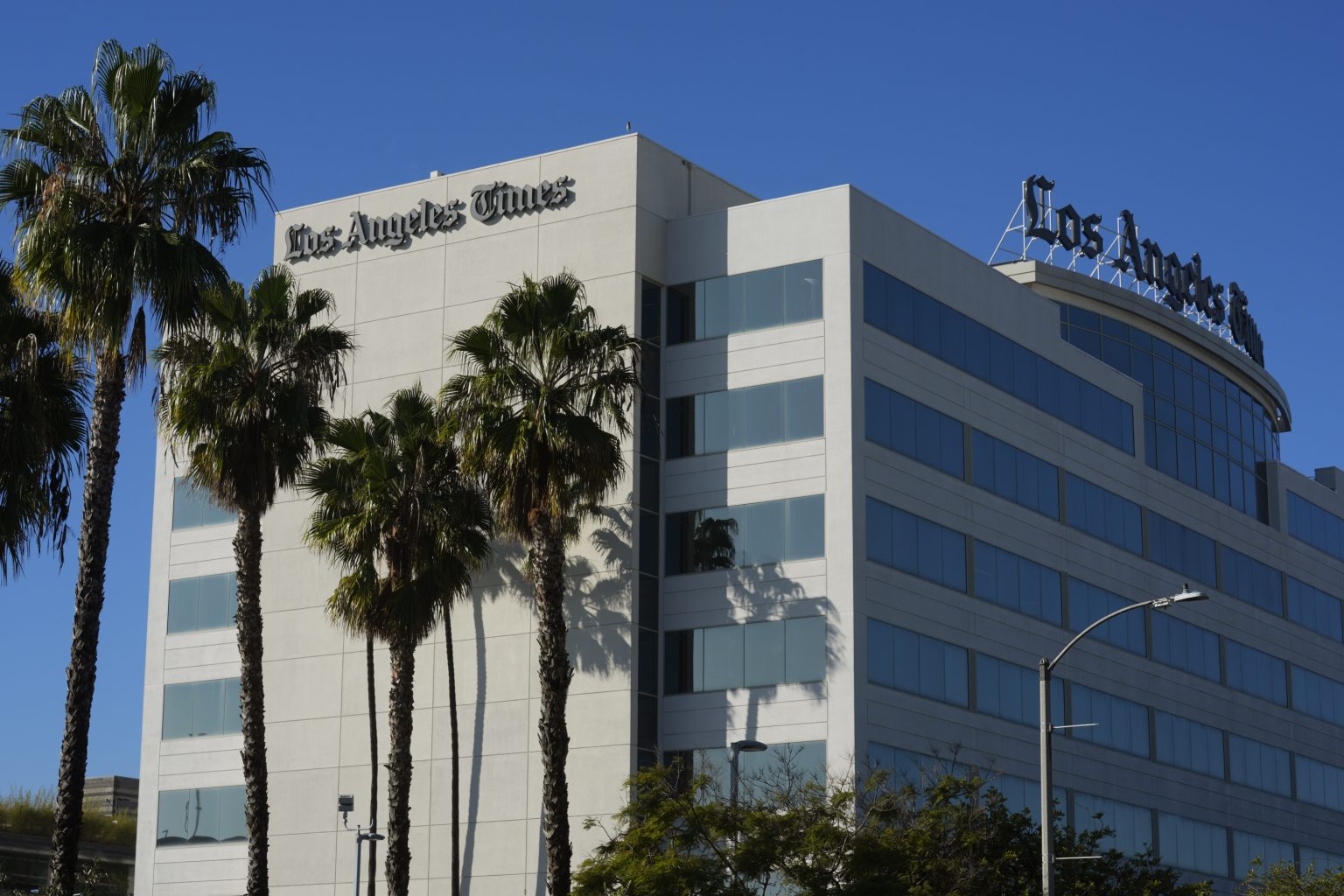In recent days, there has been controversy surrounding the decision of the Los Angeles Times owner, Patrick Soon-Shiong, to block the newspaper’s editorial board from endorsing Vice President Kamala Harris. Soon-Shiong’s daughter, Nika Soon-Shiong, who stated that she was part of the decision, accused the Biden-Harris administration of supporting what she described as Israel’s “genocide” of Palestinians as a contributing factor. The United States has been a longtime ally of Israel, providing significant military aid and diplomatic support over the years, with recent reports showing a record $17.9 billion in assistance since the war in Gaza began last year. The White House has backed Israel’s military operations in response to Hamas’ attack on Israel in October 2023, leading to an increase in deployed U.S. troops, warships, and fighter jets in the region.
Secretary of State Antony Blinken announced an additional $135 million in American aid to the Palestinians during his recent trip to the region, urging Israel to seek a cease-fire deal with Gaza to end the war and bring back hostages. Nika Soon-Shiong shed light on her family’s decision regarding the newspaper’s endorsement of Harris, citing her personal connection to issues such as apartheid in South Africa and the ongoing conflict in Palestine. she discussed the profitability of apartheid and genocide, underpinned by arms dealers witnessing an increase in profits due to ongoing conflicts. The non-endorsement of Harris was emphasized as a stance against overlooking atrocities, rather than a vote for Donald Trump, with a focus on the dehumanization faced by Palestinians during the conflict.
Human rights organizations such as Amnesty International and Human Rights Watch have accused Israel of enacting apartheid policies against Palestinians, which Israel has denied. Current ground and air operations in Gaza have resulted in significant casualties, with repeated attacks on hospitals and shelters in the region over the past year. Nika Soon-Shiong pointed to the financial gains from such conflicts, highlighting the increased stock prices of U.S. weapons manufacturers amidst ongoing violence. Demonstrations against these corporations and in support of Palestinian rights have taken place across the U.S. in response to the conflict in Gaza.
In a statement to the New York Times, Nika Soon-Shiong discussed her experience growing up in a family that experienced South African apartheid, and her perspective on the endorsement decision in light of ongoing conflicts and human rights abuses. Despite controversy surrounding the Los Angeles Times’ decision not to endorse Harris, other media outlets like The Washington Post have also refrained from endorsing either candidate in the presidential race, sparking a wave of responses and subscription cancellations. The non-endorsement has led to resignations from three editors and calls for transparency from management, with over 200 journalists signing an open letter seeking clarity on the matter.
The conflict between Israel and Palestine has sparked international debate and scrutiny, with accusations from various parties about the nature of Israel’s actions and policies towards Palestinians. As the Biden-Harris administration continues to support Israel’s military operations, opinions on the matter remain divided both within the U.S. and globally. Nika Soon-Shiong’s personal and familial connection to issues of apartheid and genocide has brought attention to the broader implications of the conflict in Gaza and the role of U.S. arms dealers in fueling ongoing violence. The controversy surrounding the Los Angeles Times’ non-endorsement highlights the complexities and moral dilemmas arising from political and editorial decisions in times of conflict and human rights abuses.


